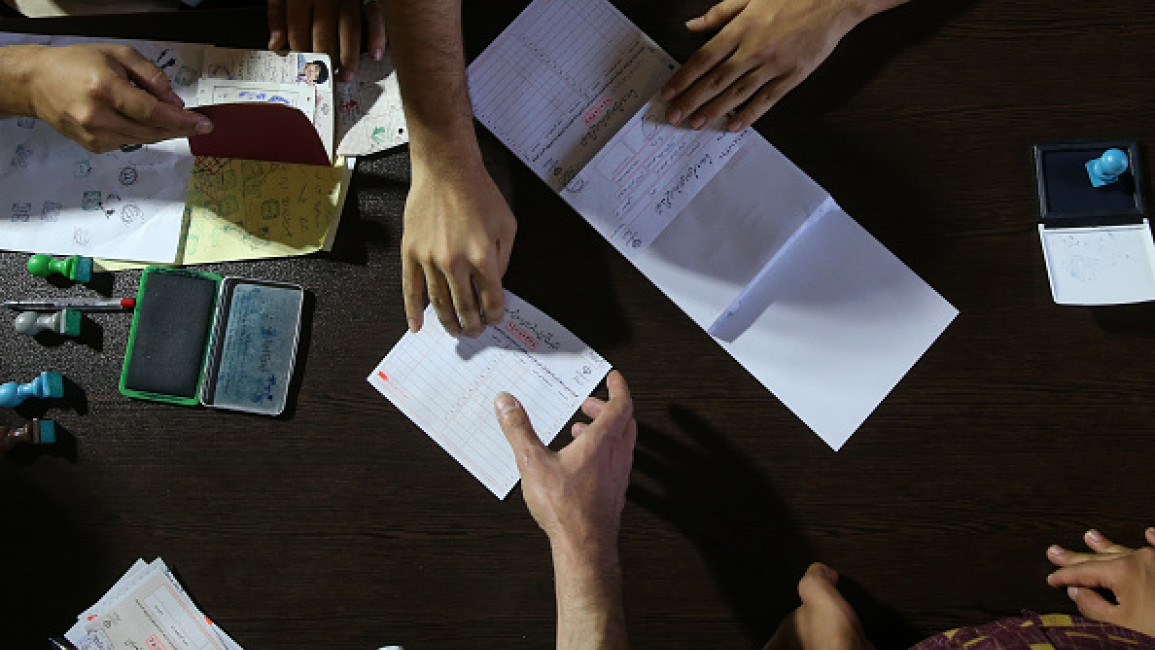Iran opens registration for candidates in next year's parliament election, the first since nationwide protests
Iran on Monday began registering candidates for parliamentary elections in March, which will be the first since nationwide protests rocked the country last year.
Iran has held regular presidential and parliamentary elections since the 1979 Islamic Revolution. But a clerical body vets candidates - disqualifying any seen as disloyal to the Islamic Republic - and Supreme Leader Ayatollah Ali Khamenei has the final say on all major policies.
Iran saw months of nationwide protests sparked by the death of Mahsa Amini , a 22-year-old Kurdish-Iranian woman who was being held by the morality police for allegedly violating the country's dress code. The protests escalated into calls for the overthrow of the ruling clerics, marking one of the biggest challenges to their four-decade rule.
The protests largely died down after authorities launched a fierce crackdown in which more than 500 protesters were killed and nearly 20,000 were detained. Last month, the morality police returned to the streets in a renewed campaign to force women to wear the mandatory headscarf, known as the hijab.
Candidates for the 290-seat parliament have a week to pre-register online, the first step in a months-long process. But each will eventually have to be approved by the Guardian Council, a 12-member clerical body, half of whom are directly appointed by the supreme leader.
Over 7,000 candidates were disqualified ahead of the last elections in 2020 - about half of those who had tried to run. The turnout for that election was the lowest since 1979, with just over 42 percent of eligible voters casting ballots.
Iran has been mired in a severe economic crisis since then-President Donald Trump withdrew the United States from a nuclear deal with world powers and restored crushing sanctions. The currency's value has plummeted, erasing many Iranians' life savings and driving up prices. With so many struggling to meet basic needs, analysts say there is little energy left over for protests or politics.
Iran's government, which had abided by the 2015 nuclear deal before the US withdrew, is now galloping ahead with its nuclear programme. It is openly exceeding the deal's limits on uranium enrichment and stockpiling, and it is building a new nuclear facility so far underground as to likely be impervious to US weapons.

![A Palestinian girl stands amid the rubble of her destroyed home on 24 May 2021 in Beit Hanoun, Gaza. [Getty]](/sites/default/files/styles/image_330x185/public/2021-06/GettyImages-1233090336.jpg?h=a4507e6b&itok=eFmdLkDh)

